Fifteen Minutes of Fame
Peter Reit
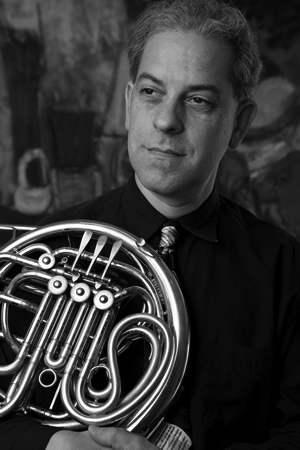
Mr. Reit is Professor of Horn at Purchase College, State University of New York, and also on the faculty at Vassar College.
Mr. Reit began his studies at the University of Vermont, and finished at the Manhattan School of Music. His teachers were William Karstens, Joel Winter and Paul Ingraham, and in turn he was greatly influenced by the New York Brass Quintet members, who were then in residence at MSM.
Since his graduation in 1983, Mr. Reit has performed with the New York Philharmonic, Orpheus Chamber Ensemble, Orchestra of St. Luke's, New York City Opera and the American Ballet Theater. He has toured the U.S. extensively with the American Symphony and the Metropolitan Opera Orchestras with whom he played five seasons as Assistant Principal Horn under Maestro James Levine. Mr. Reit is now one of Manhattan's most in-demand freelance principal horn players. He also plays Principal Horn with the Westchester Philharmonic, Greenwich Symphony and Scandia Symphony Orchestras, Associate Principal Horn with the Stamford Symphony and is in his twenty-second year with the Broadway hit 'Phantom of the Opera'.
Mr. Reit is featured on numerous cd recordings across all musical genres - also in radio jingles, television and movie soundtracks. His jazz experience includes performing as a member of the Mel Lewis Big Band at the Village Vanguard together with recordings and worldwide tours with the Bob Belden Ensemble.
Concert Dates
- July 8th, 2012 - New York City
15 one-minute selections for Peter Reit
-

160 Miles of Strange Cases
Simon Arnott
Simon Arnott is a young British composer currently at the University of Bristol studying for a BA in Music, focussing on composition and performance (euphonium). Simon is also a talented arranger and has arranged for such groups as The Great Western Chorus, 8 times UK barbershop chorus champions. www.simonarnott.biz
Written on a journey, this work is a multi-personality showcase for the French horn; it shows the capabilities of the instrument's style and range. The 'jazzy' elements are memories of many good times had with my school big band, and the not so common big band instruments that we had!
-
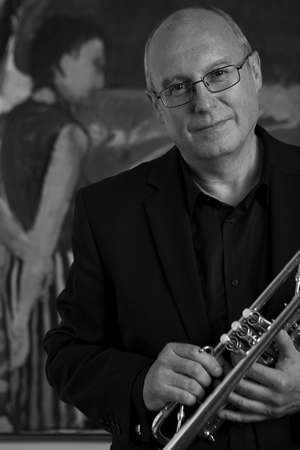
Just in Time
Graham Ashton
Graham Ashton trained at the Royal Academy of Music, London. He is Chair of Brass at SUNY Purchase. Compositions include music for film, theatre and the concert platform. Recent commissions include Australian Embassy (Washington DC), Signum Records, SUNY Fredonia, US Army (Westpoint Academy), Sony Records, ABC (Australia), Editions, BIM (Switzerland).
60 seconds of shameless virtuosity demonstrating the extraordinary skill of the performer, together with the quirky imagination of the composer. Just in Time is designed to confuse the audience with constant changes in meter - although there is a sensible logic to these changes which will become apparent to the performer.
-
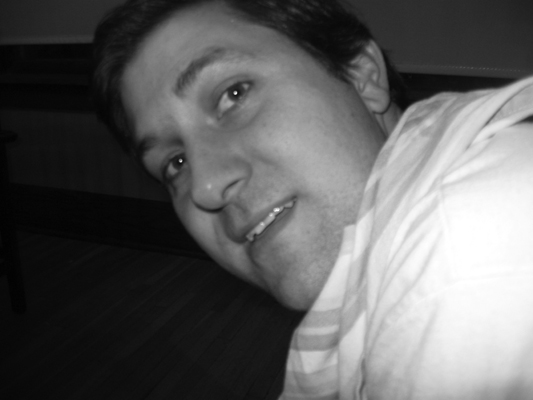
Dial “P” for Peter
Joshua Barlage
Joshua Barlage holds a Bachelor of Music degree from Capital University’s Conservatory of Music in Columbus, Ohio. Mr. Barlage’s compositional studies were under the tutelage of Dr. Rocky J. Reuter and Dr. Mark Lochstampfor. Mr. Barlage has held assistant conducting positions with the Columbus Symphony Youth Orchestra and Opera Columbus.
Dial “P” for Peter was written as an improvisatory horn call for hornist Peter Reit. The piece, in its entirety, should be performed with an emphasis towards individuality in the various sections. Rests are positioned only for purpose of breaths for the soloist and can be clipped short if needed.
-
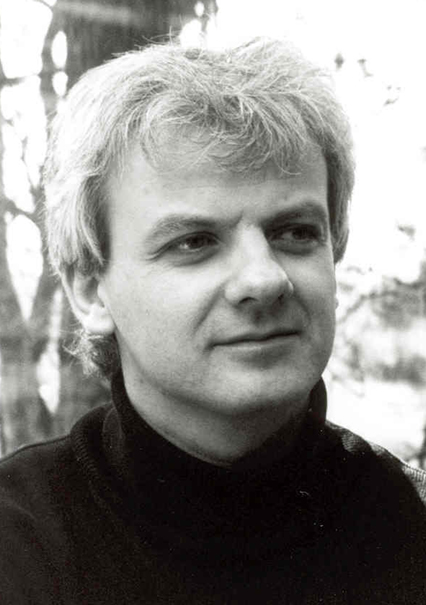
Soliloquy
Dagmar Feyen
Dagmar Feyen (http://www.dagmarfeyen.com) holds Masters Degrees in piano performance and composition, and currently performs and teaches piano and music theory in Belgium. He has received various international awards for his music, which is performed all over the world. As an active performer, he plays both classical recitals and jazz gigs.
Soliloquy for French horn is a freely composed piece build on an altered pentatonic scale with tonal centre E (the most frequent letter in the name Peter Reit). There are no extended techniques used, and the piece is meant to be played in an improvisatorial manner.
-

La Sirène de la mort
Marc Hoffeditz
Born in Aguana, Guam, Marc Hoffeditz is a young and upcoming composer who will be attending the Boston Conservatory in the Fall of 2012. Recent performances include Ira for wind ensemble at the 2012 Region III SCI Conference. Marc's teachers include Christopher Cook, Lawrence Dillon, and Larry Alan Smith.
La Sirène de la mort (Siren of Death) is a piece for solo horn. In doing research on Reit, I found that he was a charter musician for Phantom of the Opera. I wanted to draw from some of the show's musical themes to create a familiar, yet eerie song.
-
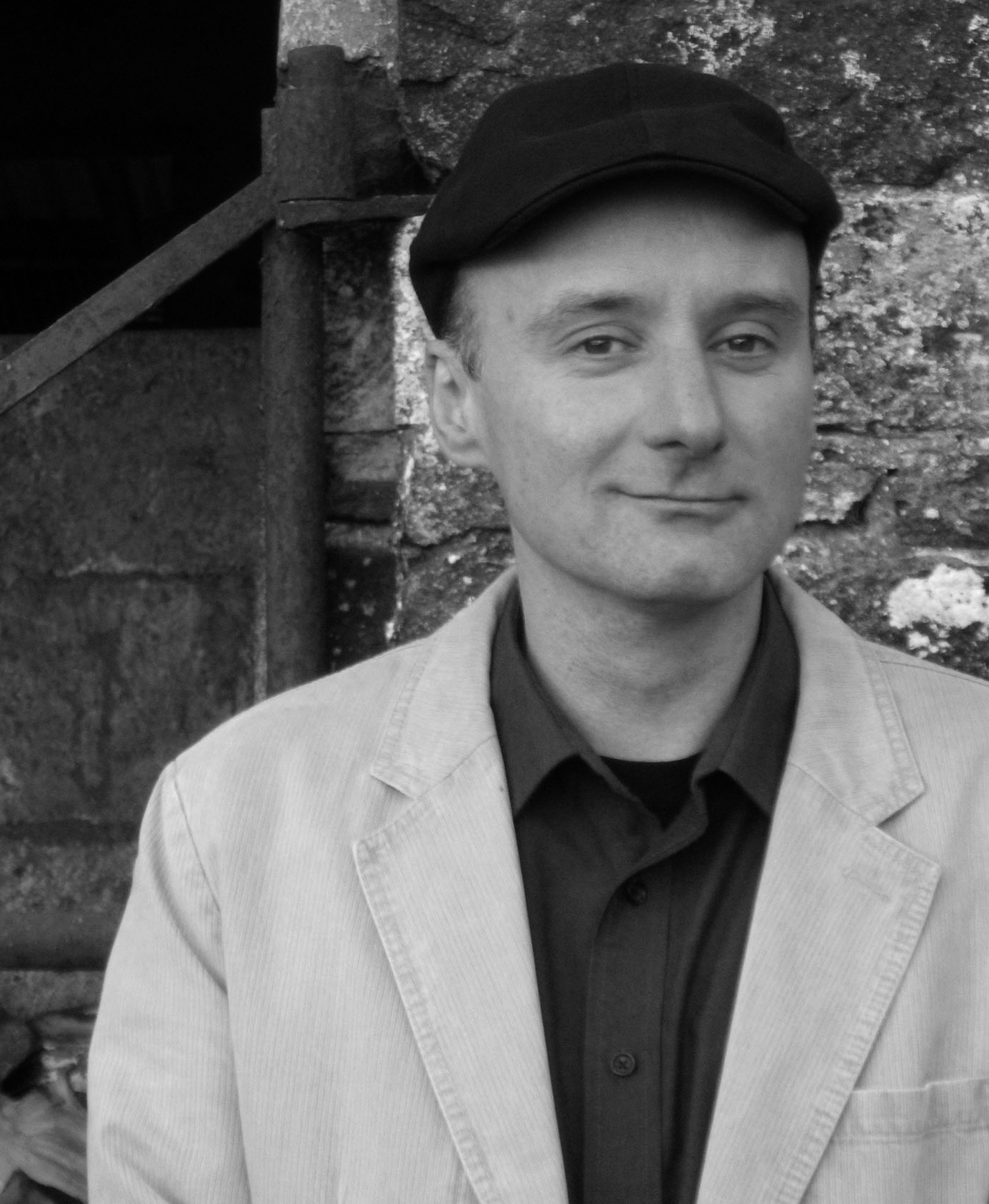
Playing with Fire
Markus Kräber
Born in Koblenz/Germany in 1966, multi-instrumentalist Markus Kräber is since 1993 based near Limerick/Ireland, where he works as educator, luthier and part-time composer. His works are influenced by his love of Jazz, Klezmer and traditional Celtic music amongst others.
“Playing with Fire” is a musical short story about temptation, desire and inner conflict, told through alternating parts of tango and swing. It all starts as an innocent dance, but very soon turns into something that easily could get out of control and lead to disaster.
-
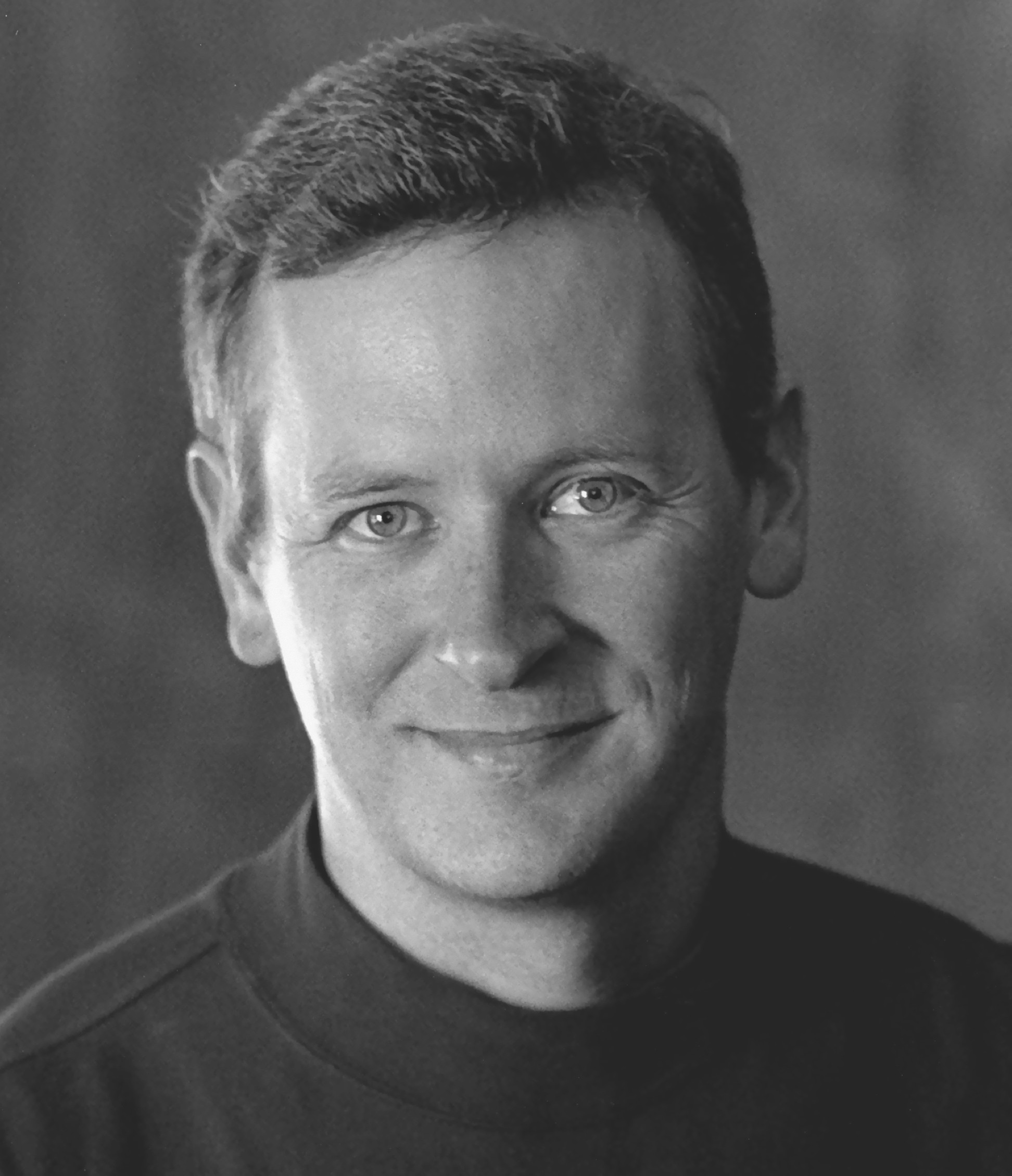
Mouse Minus One
Eric L. McIntyre
Eric L. McIntyre is a composer, conductor, and hornist based in Grinnell, Iowa. He currently serves on the faculty of Grinnell College where he teaches composition and conducts the Grinnell Symphony. In addition to his work as a musician, he is a part-time farmer who raises turkeys and dairy goats.
Mouse Minus One is a follow-up to an earlier composition for horn and narrator on texts by Lewis Carroll. While its precursor involved a conversation between a mouse and a dog, this short virtuoso piece for horn leaves our mouse to scurry around alone with only memories of his tormentor.
-
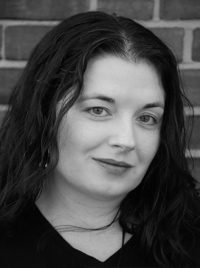
burn and rave
Michelle McQuade Dewhirst
Michelle McQuade Dewhirst is Assistant Professor of Music at UW-Green Bay, where she teaches music theory, history, composition and horn. Michelle is a founding member of the miniaturist ensemble a very small consortium (www.very-small.org) and performed her own 15 Minutes of Fame for solo horn in March of 2012.
"burn and rave" derives its title from a classic Dylan Thomas poem: "Do not go gentle into that good night, / Old age should burn and rave at close of day." The piece juxtaposes short, angular outbursts with gentler introspective murmurs. The result is by turns defiant, peaceful, frantic and resigned.
-
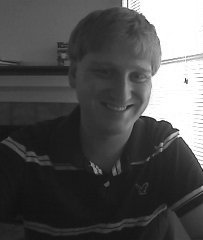
Are They Ill-Tempered?
Michael Mikulka
Michael Mikulka has written well over 100 pieces in various styles and instrumentations and has won contests and stuff like that. He is currently pursuing his DMA in Composition at the University of Texas. If you would like to hear some of his longer works, please visit http://www.michaelmikulka.com/
“Are They Ill-Tempered?” experiments with hand positions and alternate fingerings, and exhibits the differences in pitch and timbre they create. It consists of an aggressively over-the-top fanfare which abruptly falls into an introspective coda.
-

Monologue for Horn
Ken Paoli
Ken Paoli is currently a professor of music at College of DuPage in Glen Ellyn, IL. He was a faculty member at DePaul University and Western Illinois University. Ken is active as an arranger and keyboardist and maintains a busy schedule of performance in the Chicago area.
Monologue for Horn makes use of three motives to form a recitative-like monologue. Some motives are varied as a reflection of changing thought but retain their character. Other motives stay as constant as a thought that can’t be relegated to the back of your mind.
-
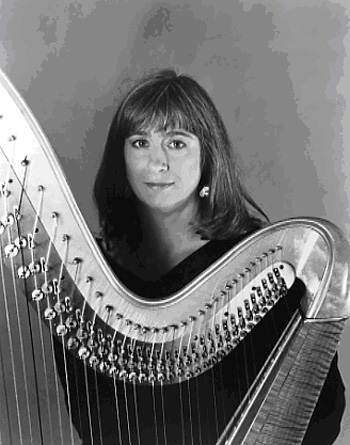
Hello for Horn
Alyssa Reit
For more than 30 years Alyssa has worked as an independent performer, composer and arranger. She completed her Bachelors and Master's degrees at the Juilliard School as a student of the late Marcel Grandjany. As a harpist she has performed with institutions ranging from the world renowned vocal quartet Anonymous 4, the Pittsburgh Symphony, and the Metropolitan Opera, to contemporary music groups and traditional Irish bands; she has played in such well known, diverse venues as Carnegie Hall, Merkin Hall, Tully Hall, BAM, the Public Theater, and the Kitchen.
-

Bridging Dreamspace
Nate Reit
Nate Reit is a New York-based trombonist and composer. With a BM in jazz performance from Eastman School of Music, he is also a uniquely versatile musician with a wide range of musical experience and interest. He enjoys expressing life, thoughts, and ideas through composition and improvisation.
“Bridging Dreamspace” is a collection of short, structured improvisations interspersed between pauses and sustained multiphonics. The piece is a musical reflection of the transition from dreaming in a half-awake state, permeated by sounds from the waking world, to a full (and often rudely abrupt) awakening.
-
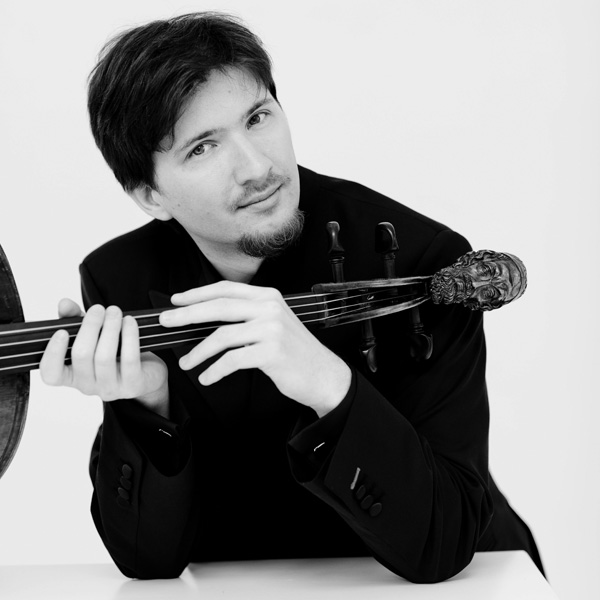
Duality
Piotr Skweres
Piotr Skweres studied composition and cello in Vienna. His workes has been performed around the world (Royal Albert Hall/London, Vienna Musikverein, Beacon Theatre NY, Hercules Hall/Munich, Guangzhou Concert Hall), broadcasted by many broadcating stations, published by the Doblinger. As a chamber musician he recorded for Deutsche Grammophon, NEOS...
“Duality” consists of short musical structures and their modifications. These motives stand in changeable relations to each other and give performers the possibility to demonstrate a multitude of emotions with the use of typical horn techniques. The title refers to the application of tritones and half steps as main intervals.
-
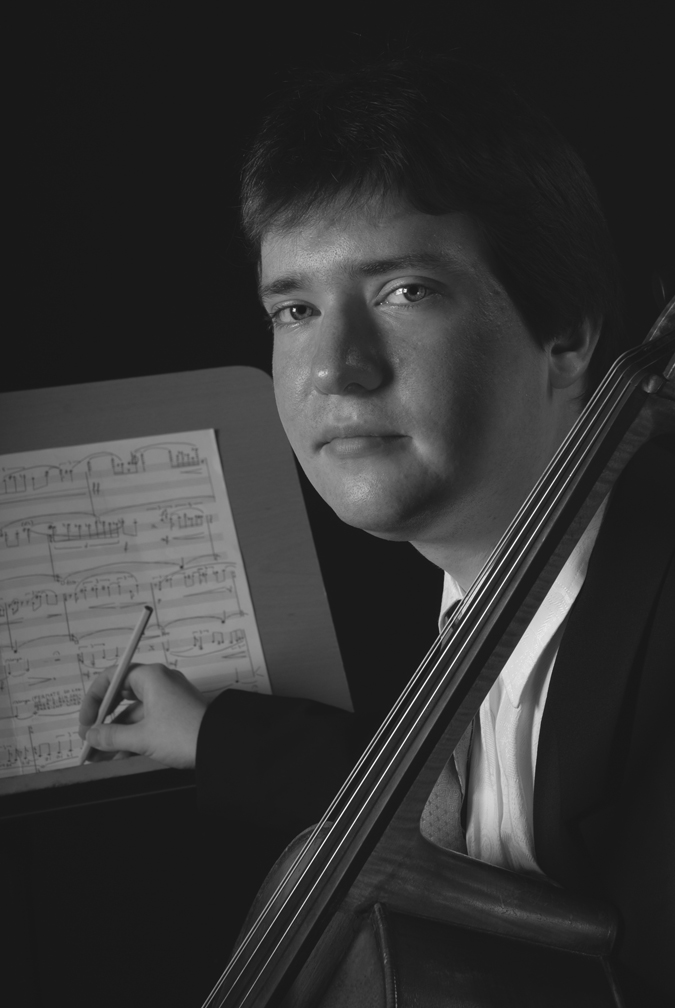
Double-headed
Tomasz Skweres
Tomasz Skweres is a Polish composer and cellist. His works are regularly played by renowned instrumentalists in famous concert halls during significant music festivals. Tomasz Skweres is solo cellist of the Philharmonic Orchestra Regensburg. He is also a frequent chamber music performer and a recognized interpreter on the contemporary music scene.
Double-headed presents a phenomenon, the character of which hesitates. Appearing at first as minimal music elements it tends to develop dramatic courses that – because of their extreme time density – enable to achieve a very strong expression. That way the piece gives a performer an opportunity to use true virtuosity.
-
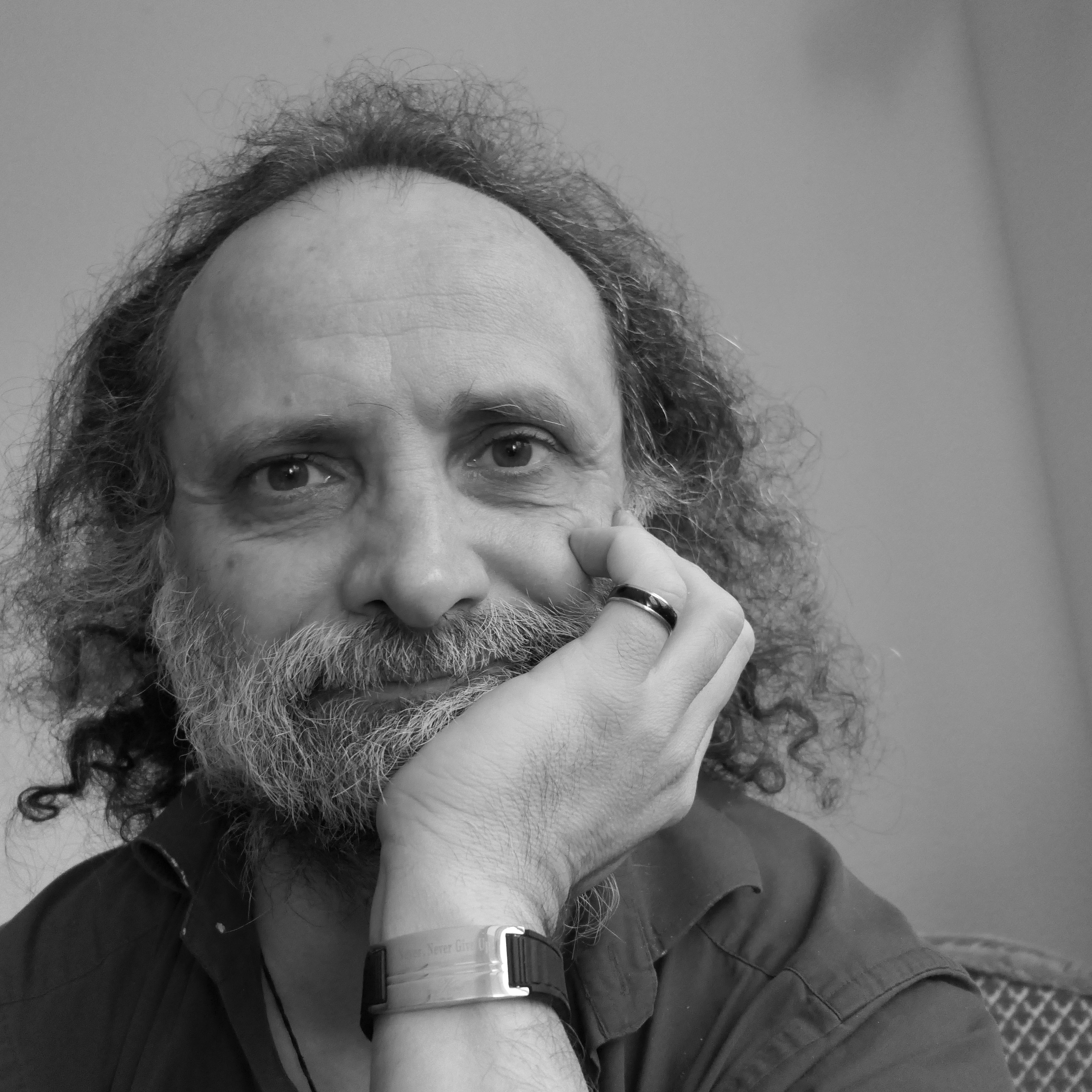
peak - But keep yes and no unsplit
Juan Maria Solare
Juan Maria Solare, born 1966 in Argentina, works currently in Germany as composer, pianist (contemporary & tango) and teaching at the University of Bremen and at the Hochschule fuer Kuenste Bremen. His music has been performed in five continents. Nine CDs of different performers include at least one piece of him.
The title refers to a line by Paul Celan: "Speak - But keep yes and no unsplit", meaning that opposites are no that far away from each other, and that conceiving a black-and-white world based on clear-cut truths doesn't help us to understand life.